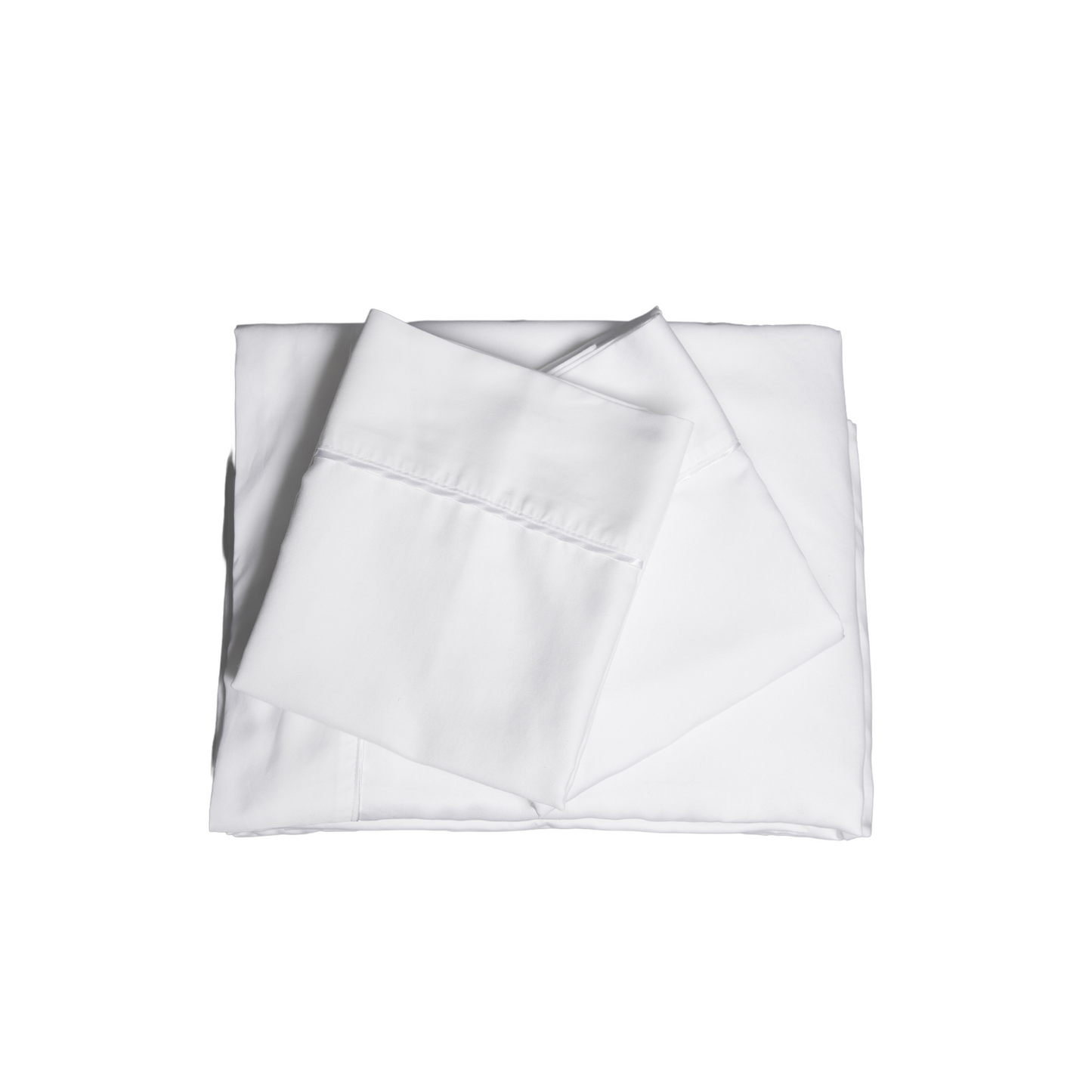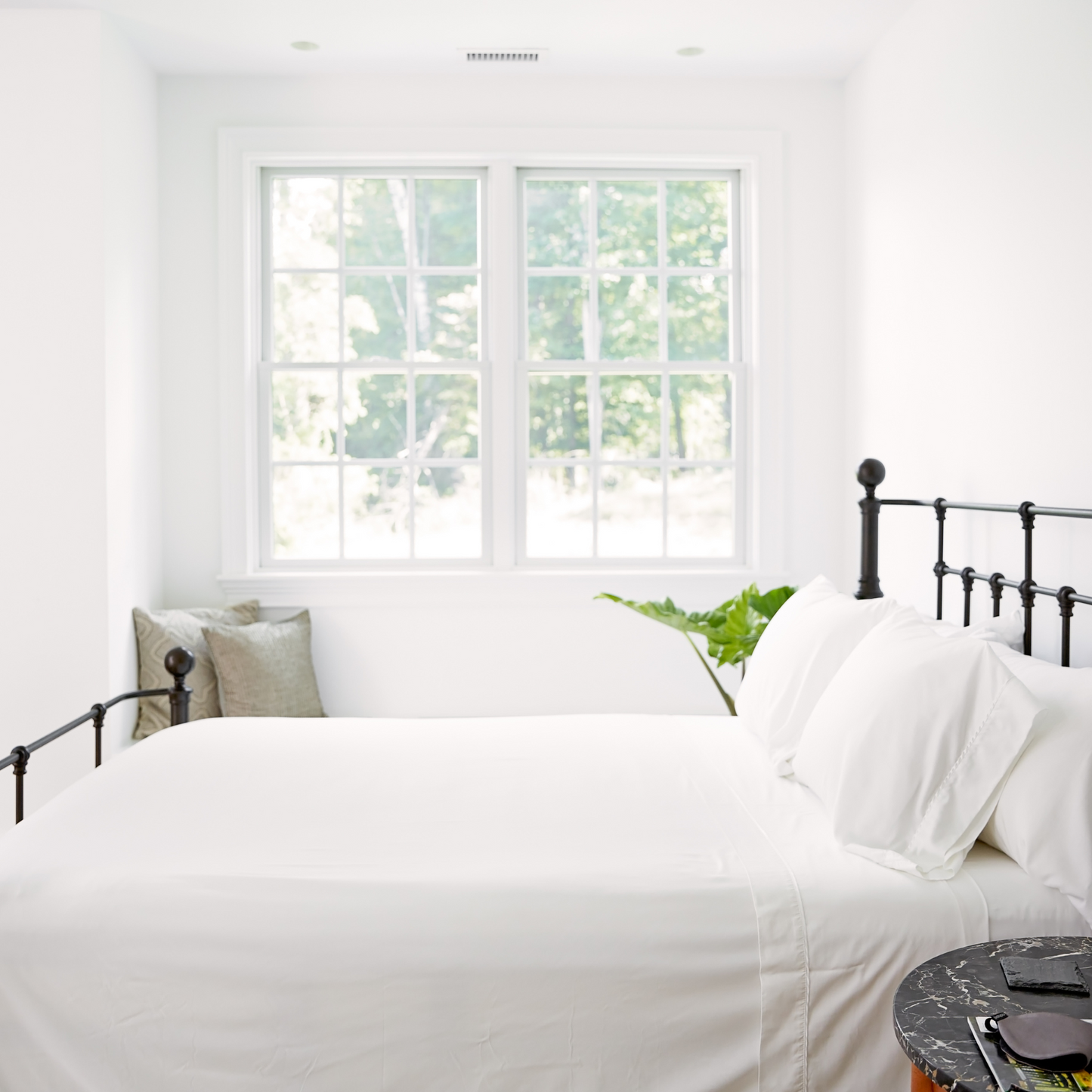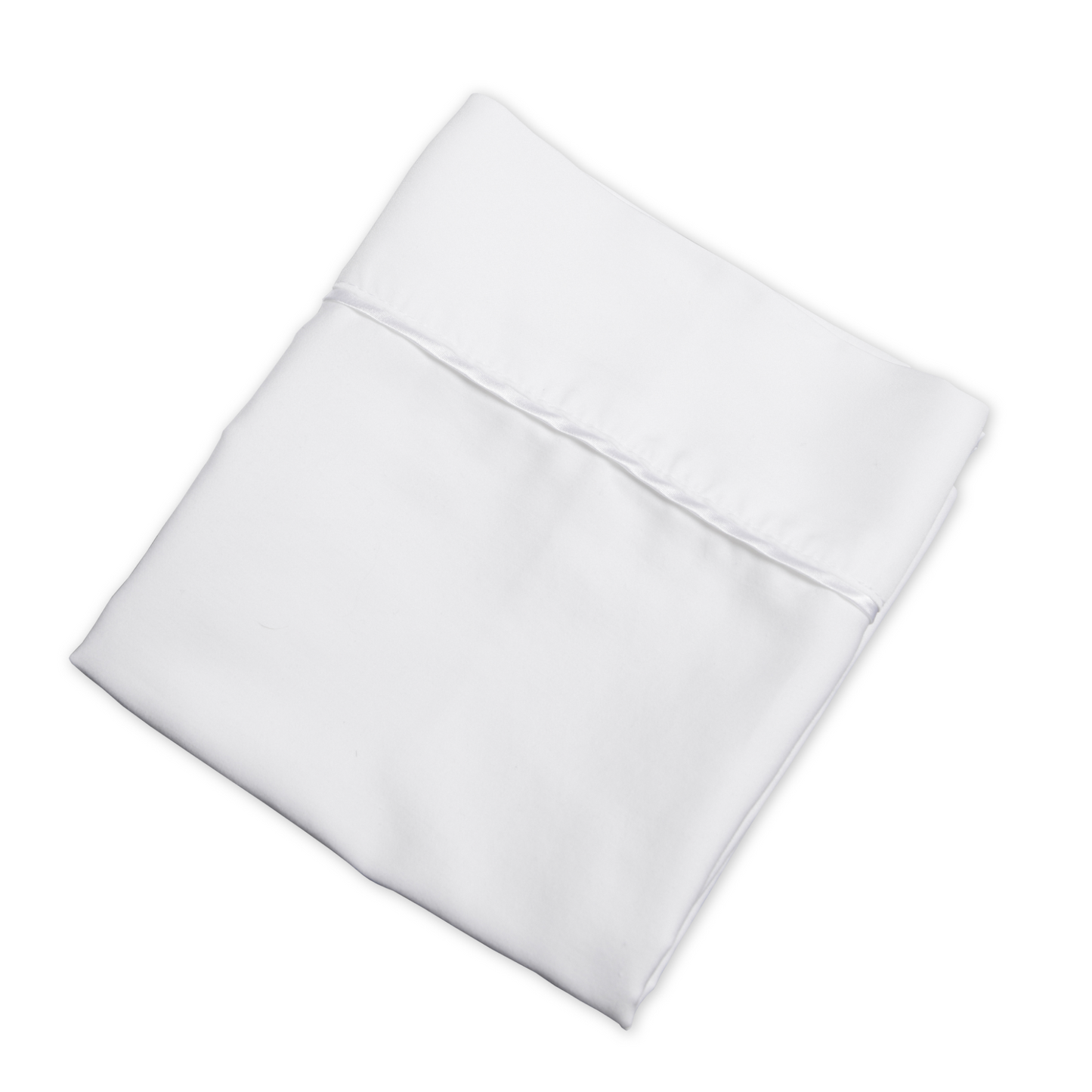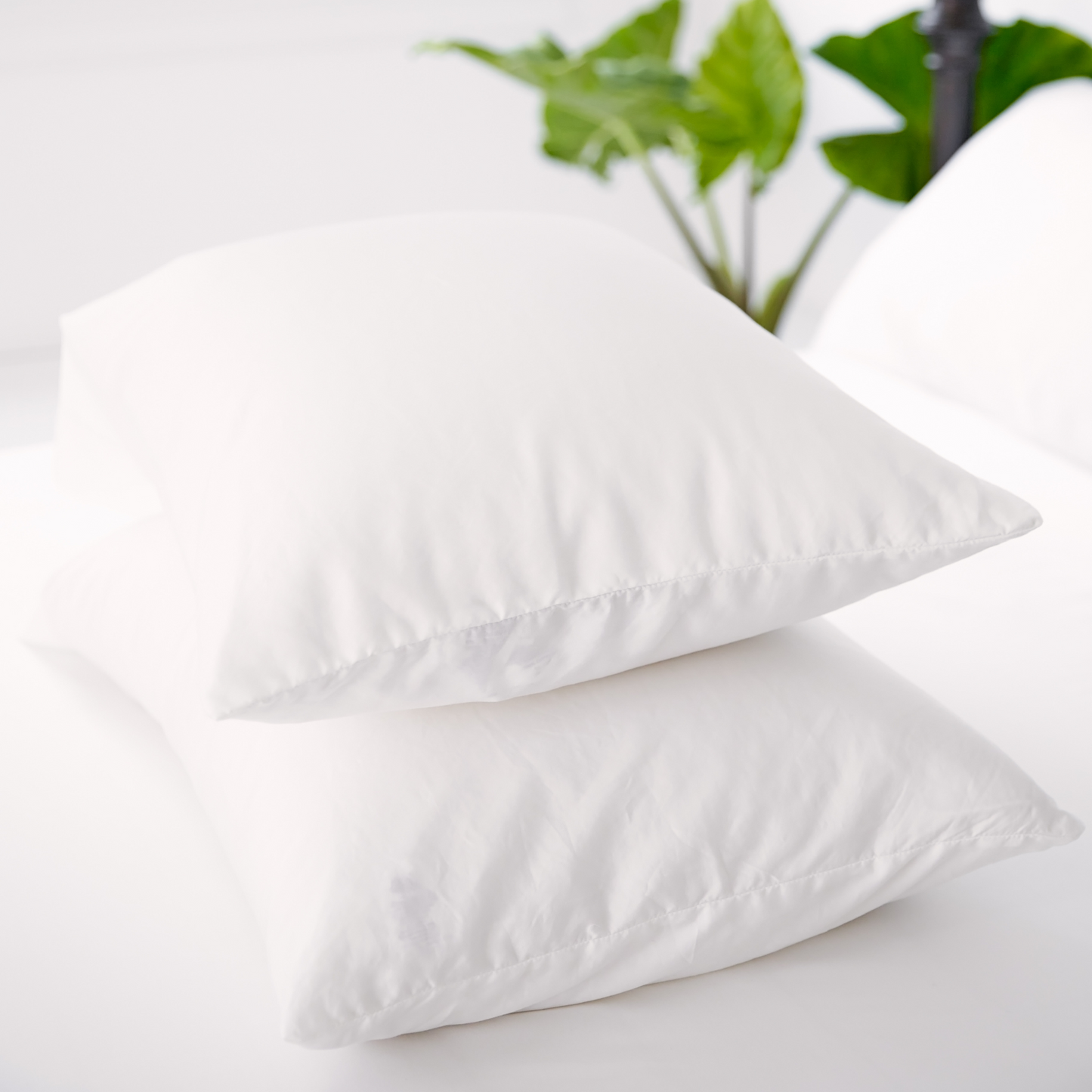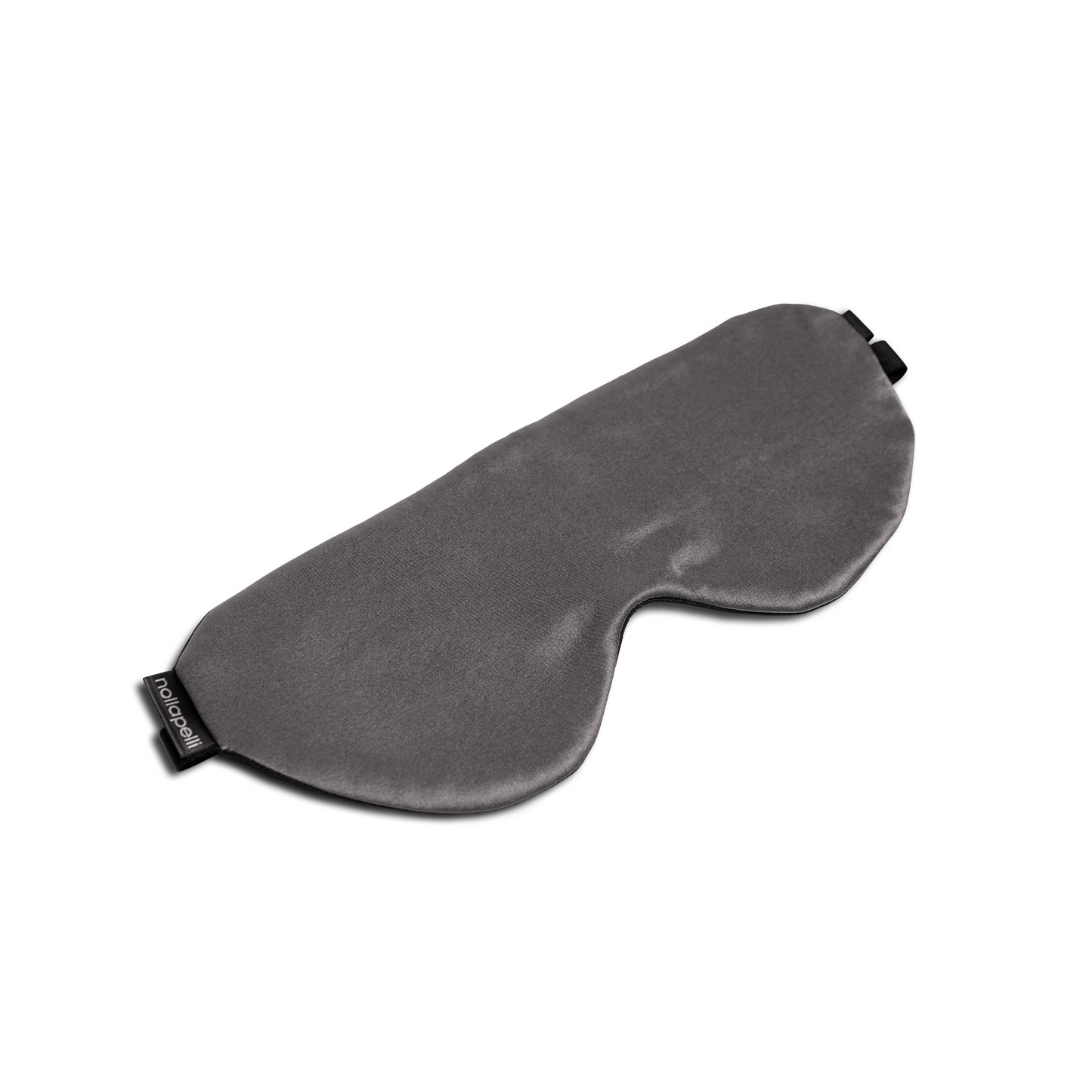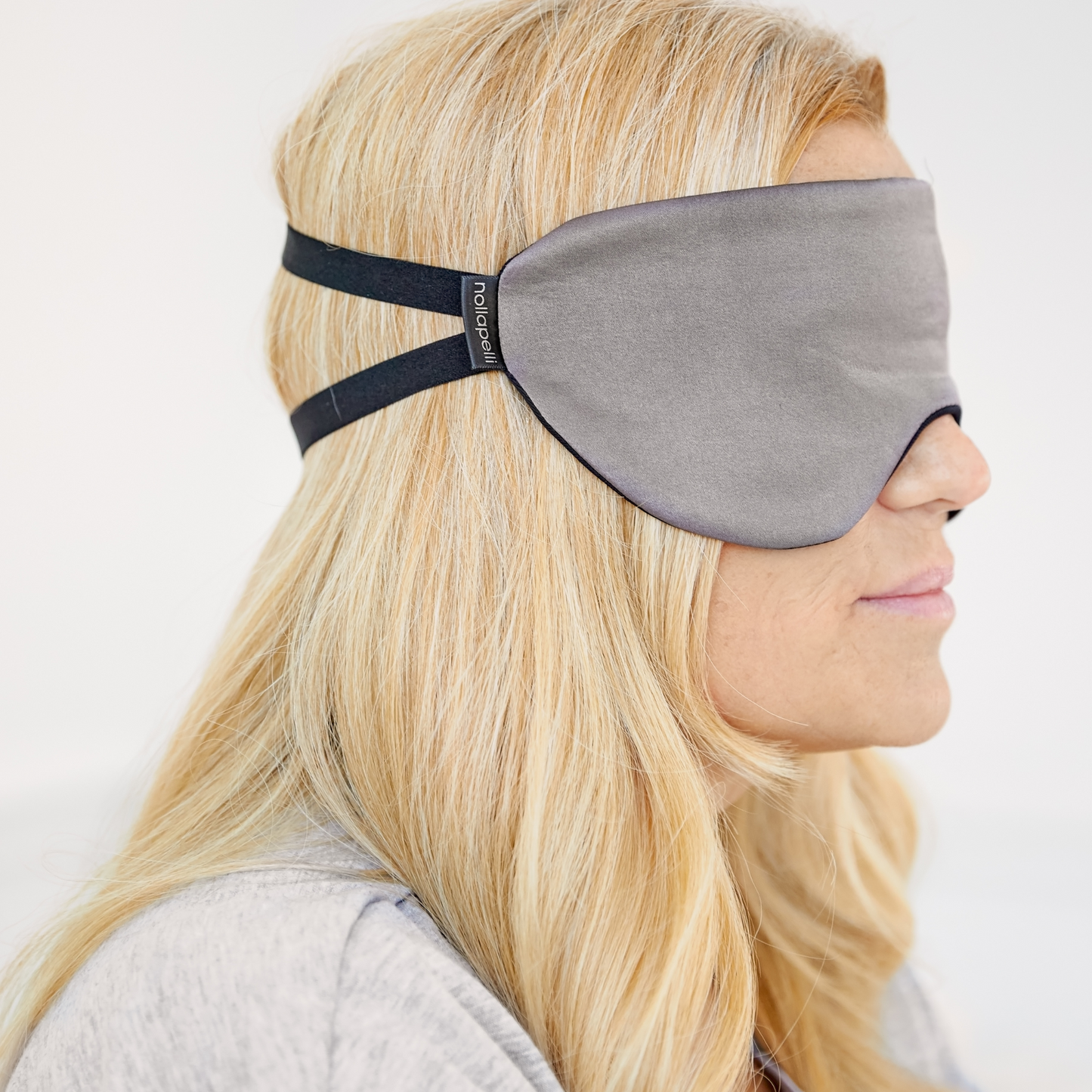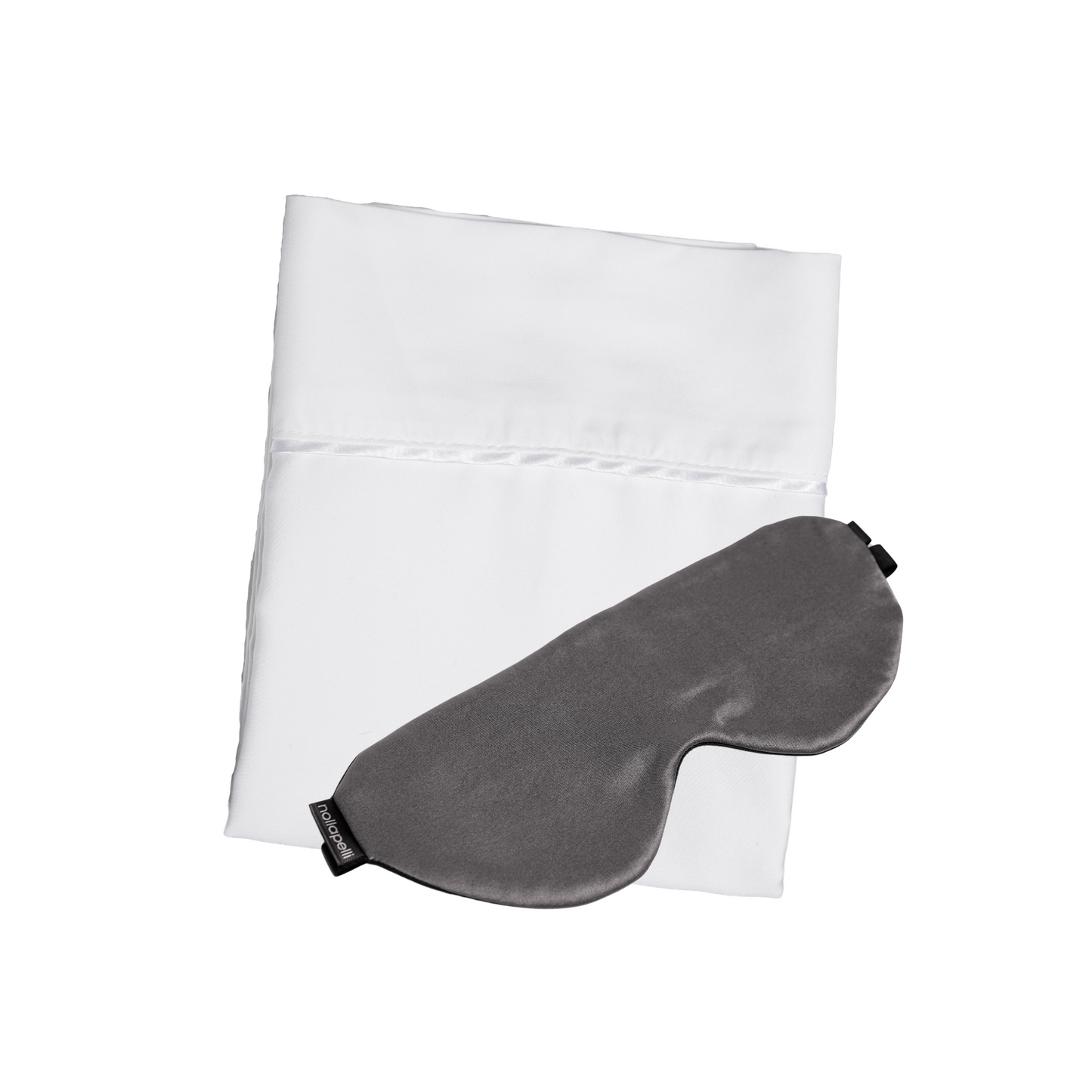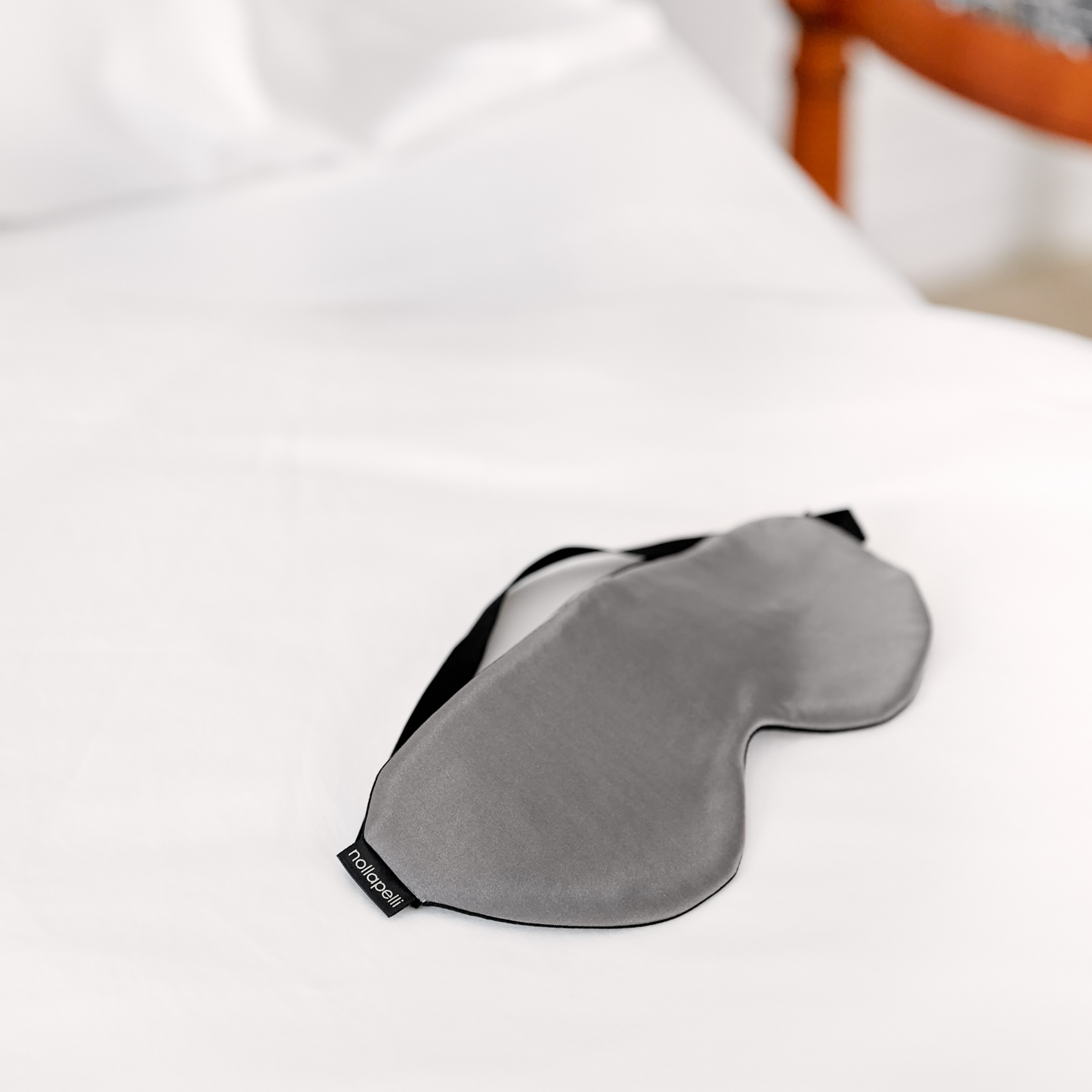
The sun is the source of life on Earth. Without the sun’s heat and light casting down on Earth, plants which bear food and produce oxygen would not grow, our atmosphere and weather patterns would cease to exist, we would cease to exist. The power of the sun cannot be understated. The sun’s influence continues in the world of wellness. Absorbing the sun’s warm rays on our skin has a positive spiritual and chemical impact on our wellness. Too much sun exposure, however, can have an adverse effect. It is a natural wellness tool to be embraced and highly respected.

The sun boosts our natural vitamin D production. Vitamin D has a myriad of benefits. As our skin absorbs the sun’s rays, our body synthesizes the ultraviolet-B (UVB) radiation producing vitamin D. The vitamin D is stored in the body’s fat cells where it lives until it is needed to absorb calcium from the intestines resulting in strong, healthy bones.
Vitamin D also plays a role in sleepcare. Sufficient vitamin D levels have been linked to a decrease in sleep disorders. A cross-sectional study in 2018, published by the National Center for Biotechnology Information, found “vitamin D deficiency correlated with poorer sleep quality.”
Exposure to sunlight increases the production of serotonin which impacts our sleep and mood. Serotonin transforms into melatonin, a natural hormone which winds our body down for rest when darkness occurs. “When people are exposed to sunlight or very bright artificial light in the morning, their nocturnal melatonin production occurs sooner, and they enter into sleep more easily at night,” according to a study by Environmental Health Perspective. Serotonin levels also impact our overall happiness. The same study continues, “moderately high serotonin levels result in more positive moods and a calm yet focused mental outlook.”

We are naturally drawn to the sun and its benefits, but the sun is powerful, and we must enjoy with caution. Ultraviolet-A (UVA) rays from the sun “penetrate deeply into the skin, where it can contribute to skin cancer indirectly via generation of DNA-damaging molecules such as hydroxyl and oxygen radicals.” Too much UVB rays from the sun can promote various skin cancers and result in sunburn. Excessive exposure of UVB rays can also destroy vitamin A, a necessary antioxidant, in the skin and accelerate the aging of the skin by damaging chromosomes and destroying elastin.
In Western culture, a broad-spectrum sunscreen is the common source of skin protection against the sun. The American Academy of Dermatologists recommends choosing a sunscreen that is water resistant with an SPF of 30 or higher. The sunscreen should be “broad spectrum.” This means it protects against both UVA and UVB rays. Apply the sunscreen at least 15 minutes prior to sun exposure and reapply approximately every two hours. Eastern culture extends sun protection beyond sunscreen. In our latest In the Skin conversation, Patrick Chan, CEO and Chief Product Development Officer of Ling Skincare shared how Asian beauty principles primarily focus on prevention. When it comes to the sun, Eastern culture focuses on avoidance. The skin is shielded from the sun by umbrellas, long-sleeves and long pants.

Our relationship with the sun as it impacts our wellness is an act of dualism, a balanced dance. Miranda Kerr, international model and founder and CEO of Kora Organics, said it best, “Some sunshine is good for the soul, but I always make sure I wear a big hat.”

